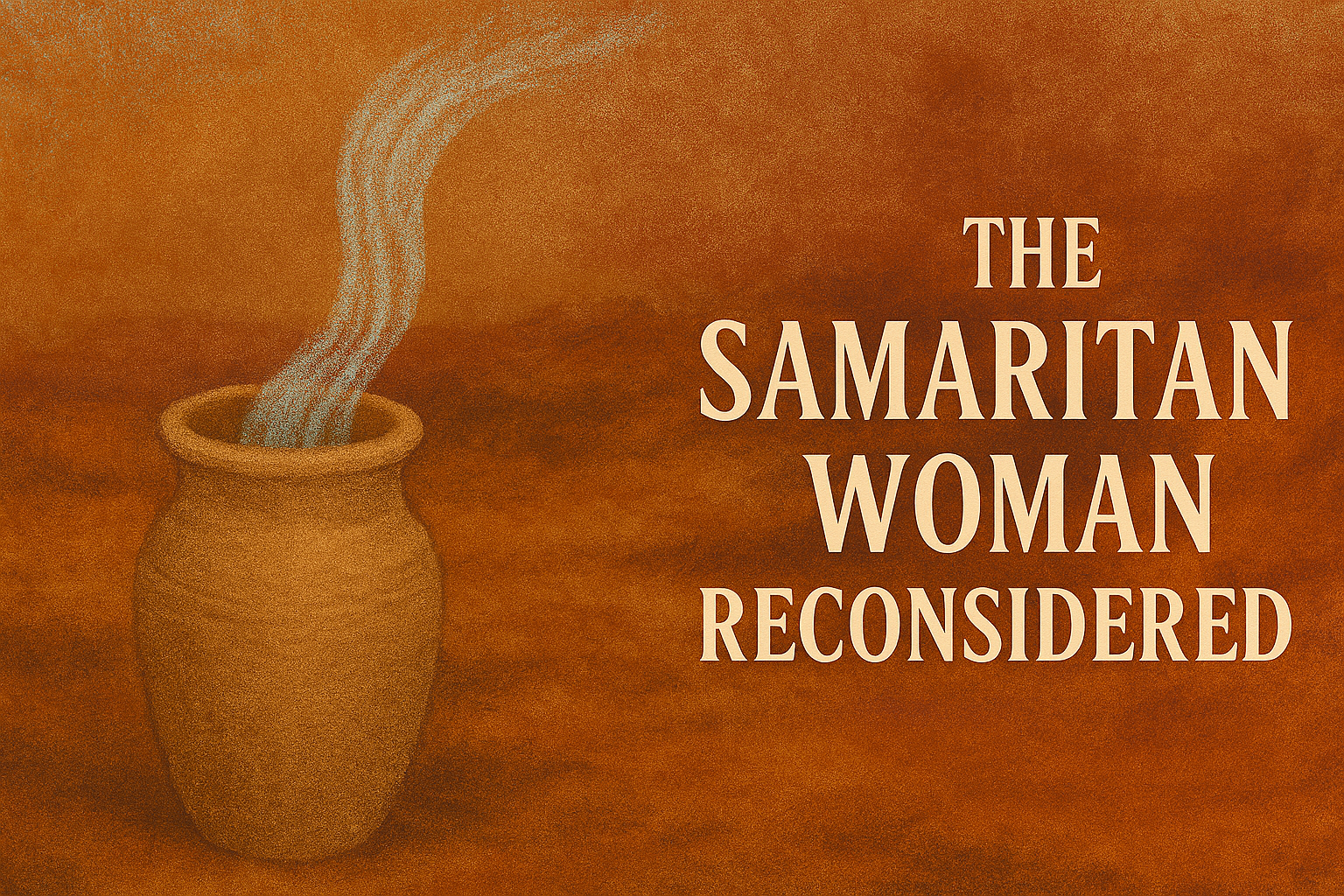
The Arts and the Human Condition
Pastor Robert Zemke
The movie Risen is the story of Clavius, a Roman guard who investigates the supposed Resurrection of Jesus. It stars Joseph Fiennes in the lead role. I heard several years ago Eric Metaxas interviewed Joseph Fiennes who was promoting the movie. Fiennes stated he appreciated religion and Christianity but did not indicate that he practiced the faith. In a rambling interview covering many topics, he was asked to quote Shakespeare (the topic of his role in Shakespeare in Love came up). I wondered if Metaxas expected Fiennes to take him up on it, but he proceeded to blast off a sonnet, Sonnet 129 to be exact. It is different from other sonnets. It could even be considered a type of sermon. Within it is one long run-on sentence about the complexities, excitement, and madness of lust: “The expense of spirit in a waste of shame Is lust in action; and till action, lust Is perjured, murderous, bloody, full of blame, past reason hunted; and, no sooner had Past reason hated as a swallowed bait.”
Lust ruling your heart is something no one is immune to. Yes, Sonnet 129 is pointing to physical lust, but all kinds of desire can also fit. Sometimes the driving passion of one’s life (fame, success, power) is far superior to physical lust. There is a franticness that Fiennes brought out in his reading that comes to a stop and then: “All this the world well knows, yet none knows well To shun the heaven that leads men to this hell.”
To shun heaven is referring to lust as it appears to us in the moment. Everyone knows to run from it, yet often it is not avoided. A warning from an actor channeling Shakespeare. How do you put a stop to lust? The sonnet doesn’t have the answer.
I began to think about this confluence in the interview; a Shakespeare sonnet and an overtly Christian film. Some want movies presenting Jesus as the answer that solves humanity's ills. Yes, Jesus saves and redeems. That's what we want in our sermons and our films. He wins, and we are on the winning team. But there are many fans of Jesus– whether the conservative or progressive flavor- who, if truth be told, believe with reservations. They are exempt from taking seriously the Bible or even their sinful condition. The human condition is complex, vexing, in many ways, a mystery in which the heart does not readily submit to the Spirit of God. After counseling people for years, I remember one pastor stating that he had a certain amount of awe and respect for the rebellious, hard-hearted. Yet we can go into theaters cheering on a Christian message, not having been conquered at all.
The arts have their place in communicating the gospel message. Preachers often talk of exegeting culture as well as the Bible. You can handle both superficially or in depth. An ancient theologian, Augustine, once said, "the Gospel of John is shallow enough for a child not to drown, yet deep enough for an elephant to swim in it." Often our Christian movies only wade into the shallow end, though some should swim into the deep end to reach those drowning. When the human condition is displayed well from a Christian perspective, it might move beyond a culture war to beggars sharing with other beggars where to find bread.





